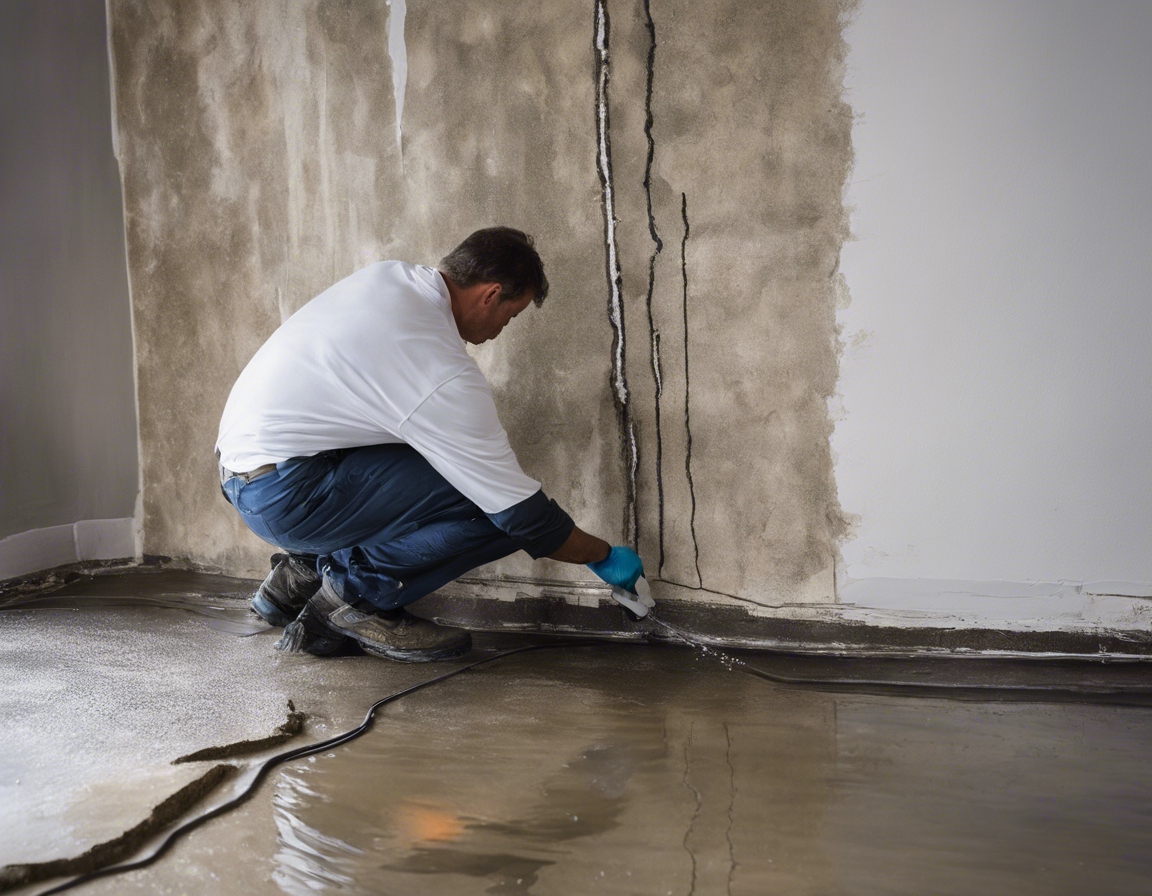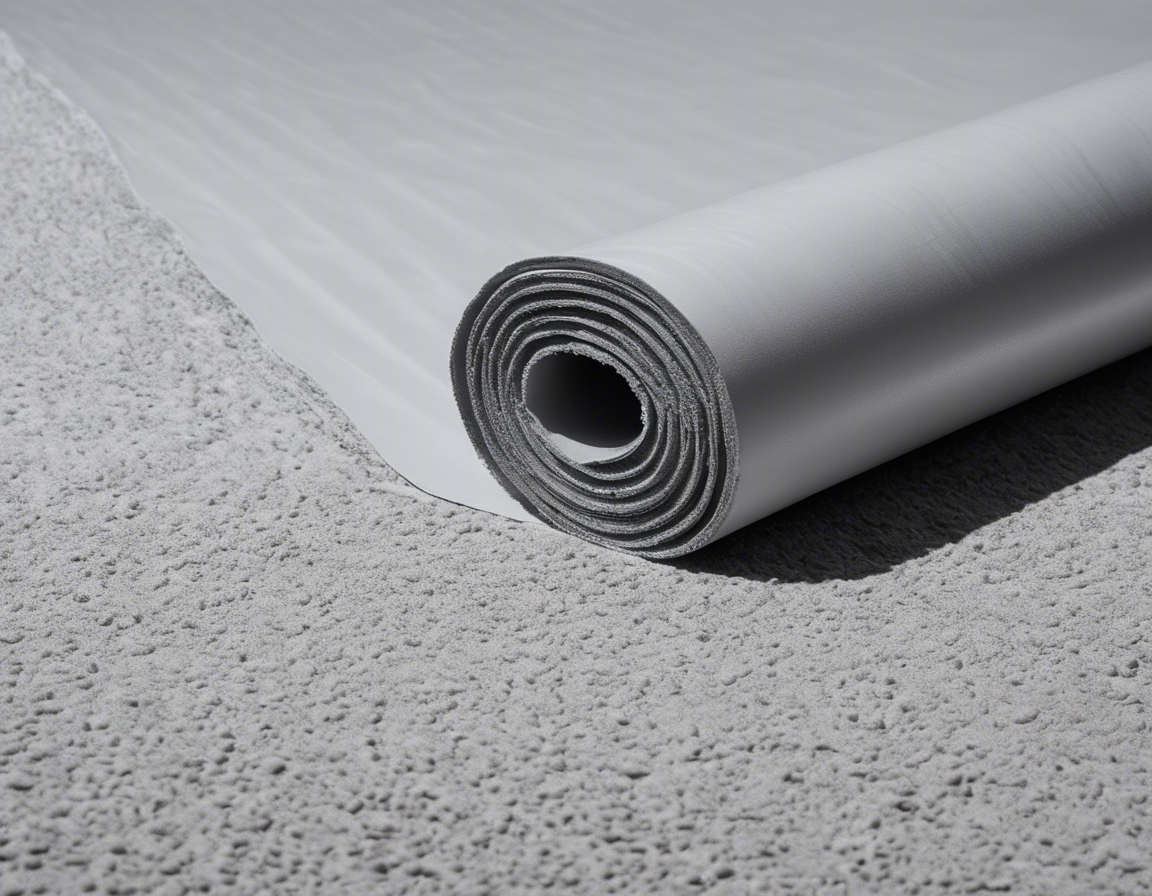Concrete repair: when to call the experts
Concrete is a robust and durable material, but it is not immune to damage. Over time, exposure to harsh weather conditions, chemical corrosion, and physical wear and tear can compromise its structural integrity.
Several factors can lead to concrete deterioration, including freeze-thaw cycles, water infiltration, chemical exposure, and overloading. Understanding these causes is crucial for identifying the appropriate repair strategy.
Visible cracks, spalling, and water damage are tell-tale signs that concrete requires attention. When these symptoms appear, it's essential to assess the extent of the damage promptly.
Assessing the Damage
Not all concrete damage is equal. Surface-level issues such as minor cracking or chipping may be cosmetic, while structural damage can pose significant safety risks and requires immediate attention.
While a professional evaluation is always recommended, property owners can perform a preliminary assessment by looking for uneven surfaces, extensive cracking, or signs of water leakage.
Types of Concrete Repairs
Small cracks can often be remedied with filling and sealing techniques, which prevent water ingress and further deterioration.
For widespread surface damage, resurfacing provides a new top layer and restores the concrete's appearance and functionality.
When the damage affects the concrete's load-bearing capacity, structural repairs are necessary. This may involve reinforcing the existing structure or replacing sections of concrete.
The Importance of Professional Expertise
Concrete repair is not just about aesthetics; it's about safety and longevity. Experts have the knowledge, tools, and materials to diagnose issues accurately and implement lasting solutions.
Selecting a reputable repair company like TRAVETER EHITUS OÜ ensures that repairs are performed to the highest standards, using quality materials and adhering to industry best practices.
Preventative Measures and Maintenance
Applying protective coatings can significantly extend the life of concrete by guarding against moisture, chemicals, and physical abrasion.
Maintaining a regular inspection and maintenance schedule helps to catch potential issues early, reducing the need for extensive repairs and ensuring the longevity of the concrete structure.






Comments (0)